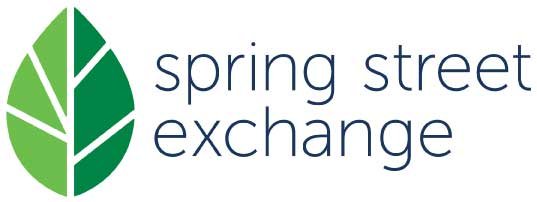There has been so much news coverage on the impact of the new coronavirus, COVID-19, on various communities that sometimes we can become numb to it all. However, the statistics that have emerged highlighting the disproportionate burden felt by the African American population have been no surprise for some of us working in population health. Here we go again.
Various risk factors are keeping this population at the forefront, one of the most common being underlying chronic conditions such as heart disease, high blood pressure, and diabetes [1]. Although African Americans make up less than 15% of the population nationally, we account for over 50% of the cases today [2]. More specifically, risk factors that may have been overlooked when trying to protect African Americans from dying of COVID-19 include quality of neighborhood and access to safe living situations, healthy foods, and/or healthcare [3].
There are many influences contributing to the impacts we are seeing from COVID-19 on African Americans to date, and we should begin to not only identify, but also mitigate, the related challenges in order to achieve better outcomes. We have long known that health does not relate just to an individual but is informed by the social and economic context of their lives.
The Public Health Socio-Ecological Model can help to provide a broader framework for the challenges that are faced by the African American community related to COVID-19. If we are serious about reducing disparity then we need to address all of the levels represented in the model. The table below offers specific questions to include in planning comprehensive public health interventions.
COVID-19 cases in the United States detected within African American communities in metropolitan areas revealed a disproportionate number of deaths in different geographies around the country [3]. We are a population that happens to have the highest mortality rates, yet face additional challenges to accessing the care and social supports required to combat COVID-19. In my own metropolitan area, Boston, Massachusetts, although African Americans represent only 28% of the population, we have both the highest percentage of known cases (40%), and also the highest death rate (35%) [4,3].
It is crucial to take seriously such cases as that of Rana Zoe Mungin, a 30-year-old African American educator with asthma who lost her battle to COVID-19 due to the denial of access – not once, but twice – to the quality of care she deserved [4]. This is far from an isolated incident with the pandemic, and these issues are not new. Unless we begin to deal with the Socio Ecological factors within our communities, we will continue to read studies with the same results. Let’s do better.
Shaquilla Terry is a Marketing Specialist and Research Analyst at Spring Street Exchange - a services firm that focuses on transformation and social needs related to healthcare. Shaquilla is passionate about promoting health, wellness, and disease prevention for underserved populations.
References:
Leading Causes of Death, Males and Females - Health Equity - CDC. (2019, November 20). Retrieved from https://www.cdc.gov/healthequity/lcod/index.htm
Growing Data Underscore that Communities of Color are Being Harder Hit by COVID-19. (2020, April 22). Retrieved from https://www.kff.org/coronavirus-policy-watch/growing-data-underscore-communities-color-harder-hit-covid-19/
Coronavirus Disease 2019 (COVID-19): The Latest. (2020, May 3). Retrieved from https://www.bphc.org/onlinenewsroom/Blog/Lists/Posts/Post.aspx?ID=1282
Mitropoulos, A., & Moseley, M. (2020, April 28). Beloved Brooklyn teacher, 30, dies of coronavirus after she was twice denied a COVID-19 test. Retrieved from https://abcnews.go.com/Health/beloved-brooklyn-teacher-30-dies-coronavirus-denied-covid/story?id=70376445
Erdman, S. L. (2020, May 6). Coronavirus is killing more African Americans than any other group in the US, study finds. Retrieved from https://www.cnn.com/2020/05/05/health/coronavirus-african-americans-study/index.html


